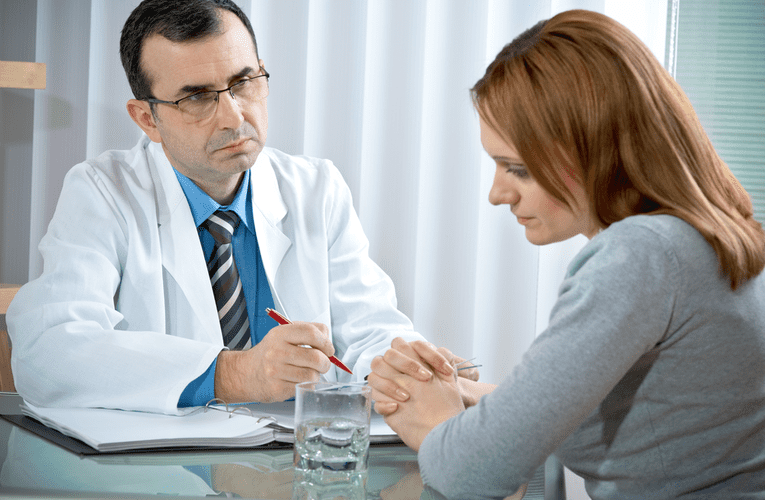Content
Folic acid deficiency contributes to aging brain processes and increased risk of Alzheimer’s disease and vascular dementia. But if you’re suffering from depression, think again before reaching for a drink. Maybe you’re downing a few beers after a stressful week at work or after a heart-wrenching break up.
CBT helps teach people how to identify potential triggers, find ways to cope with urges to drink and set realistic goals. Cognitive behavioral therapy generally starts in a rehab setting and can be continued after treatment with the help of an alcohol counselor. Drinking can heighten the symptoms of depression, which can have life-threatening implications.
Excess drinking puts you under chronic stress
Serotonin, which helps stabilize mood and promotes feelings of well-being and happiness. Alcohol disrupts sleep and alters the thought process, which can increase depression symptoms. It’s not always clear if depression makes you alcohol makes depression worse drink or vice versa. Studies of twins have shown that the same things that lead to heavy drinking in families also make depression more likely. Alcohol can lower serotonin and norepinephrine levels, which help regulate mood.
How long does alcohol induced depression last?
The actual duration of alcohol-induced depression can greatly vary. Depressive symptoms that are associated with alcohol-induced depression have been shown to significantly improve after an individual has abstained from alcohol for a certain period. It is typically 3-4 weeks in a variety of cases.
Treating both problems at once with a combination of medication and therapy has shown very positive results. This is especially true when treatment is flexible to the unique needs of the individual. Long-term, however, excess alcohol consumption does the exact opposite. The nucleus accumbens, which plays a key role in the brain’s reward circuit.
Stop drinking if you start to feel bad
Choosing sobriety can be an important form of self-care because alcohol and depression are negatively linked, compounding one another’s destructive effects. TEMPEST is a powerful tool to help people quit drinking online. And while alcohol might seem like a good option, depression and alcohol can be a dangerous combination. The first step is recognizing depression and seeking out medical help to manage it. This can lead to negative consequences that trigger feelings of worthlessness and helplessness that may worsen depression. Drinking beer, wine, whiskey, or any other alcoholic beverage affects the way individuals sleep. Some individuals may experience insomnia, or the inability to fall asleep, while others deal with hypersomnia, the inability to stay asleep.
Ark Behavioral Health offers 100% confidential substance abuse assessment and treatment placement tailored to your individual needs. Alcohol abuse doesn’t just worsen depression in people who already have it.
A Day in the Life of a Person With Bipolar Disorder
Symptoms can range from mild to severe and look different from person to person. MI may help you find the internal motivation to quit alcohol. Many people with AUD have only a low or moderate desire to quit, despite the negative consequences. It may be helpful to combine MI and CBT to treat depression and AUD. Naltrexone helps limit alcohol cravings and may ease depression symptoms by boosting endorphins. Antidepressant medication can help with symptoms of depression and some symptoms of AUD. People with AUD are 1.7 times more likely to have had PDD in the previous year.

Some people say they drink alcohol to «drown their sorrows» after a bad breakup, job loss, or other major life stress. And yes, because alcohol makes you sleepy, a few beers or glasses of wine can seem to relax you and relieve anxiety. This can lead to poor behavior and negative consequences that lead to or worsen feelings of depression. For instance, alcohol can mess with a person’s endocrine system and the resulting hormonal imbalance can worsen their depression symptoms. Alcoholism also leads to poor economic outcomes, as is common with the loss of a job. Chronic financial stress can cause or worsen depression symptoms.
You have alcohol dependence
And if you happen to go to bed after several hours of drinking, you will not have good night’s sleep. People who blackout often wake up feeling guilty, ashamed, and anxious over their actions. If it happens too frequently, or if your action leads to consequences, blackouts can make you depressed. After the initial rush, alcohol decreases central nervous system activity.
- Depending on your intoxication level, you may experience decreased inhibition, loss of judgement, confusion, and mood swings, among others.
- Crossing them off each day can help provide structure and a sense of accomplishment.
- If you think you have a problem with either, talk to your doctor or psychologist.
- This development can create a cycle where someone with depression drinks to cope with their symptoms, but the alcohol ends up making them feel even more depressed and they usually drink more.
- And, he adds, it often works quicker on the body than other substances.
- “What goes up must come down,” says George F. Koob, PhD, director of the National Institute on Alcohol Abuse and Alcoholism .
Consent explanation was given before the participant gave consent. All aspects of detoxification and rehabilitation including medication, dosage and side effects, and right to withdraw at any time during study were explained after which consenting individuals signed a consent.
How Does Alcohol Affect the Brain?
A treatment provider may also prescribe an antidepressant to balance mood swings and other symptoms of depression. While medications can be extremely beneficial during recovery, they should only be used alongside other forms of treatment.
How do you fight a hangover depression?
- Hydrate.
- Get some exercise.
- Do what feels good.
- Connect with a friend.
- Don't use more alcohol to cope.
- Mental junk food.
Many people with depression and alcohol problems feel alone. In a support group, you can connect with other people who are recovering from alcohol abuse, depression, and other mental health concerns. Your treatment https://ecosoberhouse.com/ plan may also include other types of therapy, such as family therapy. In family therapy, you and your loved ones can learn how to resolve conflicts and support your recovery from both depression and alcohol abuse.
